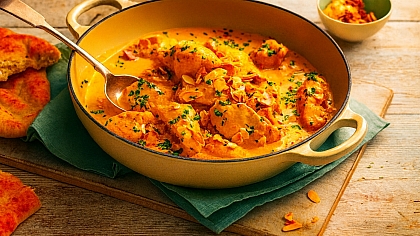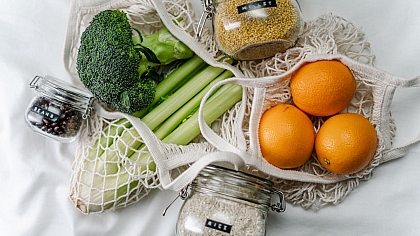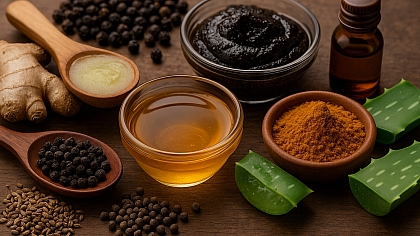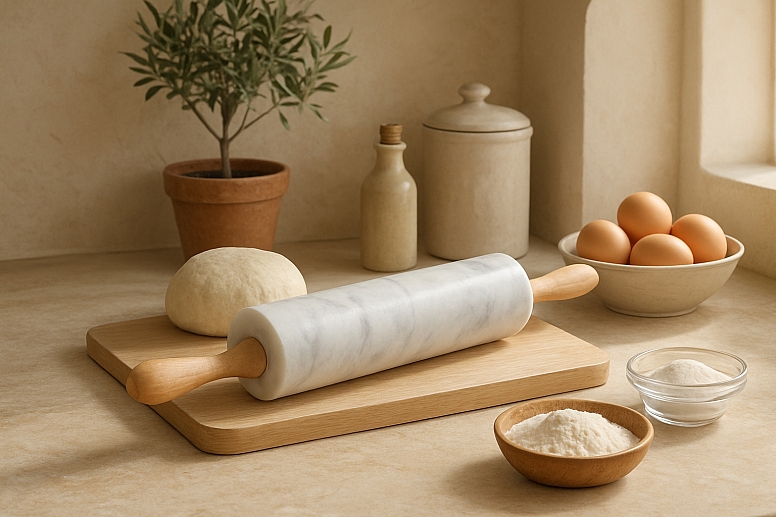
Benefits of Using a Stone or Marble Rolling Pin
What You Will Learn
Stone and marble rolling pins improve your baking. You will find out:
- Why these pins keep your dough from getting too warm.
- How a cool pin prevents dough from sticking to the surface.
- The way a heavy pin helps you roll dough evenly.
- Why are these materials easy to clean and last forever?
- How they help create a flakier pie crust and smoother pastry.
Why a Cool Pin Makes Better Dough
A rolling pin seems like a simple tool. You use it to flatten dough. But the material it is made from changes your baking. Wooden pins are common. However, stone and marble pins offer special benefits. These benefits solve common problems for bakers.
Pastry and pie dough behave best when cold. Butter pieces in the dough must stay solid. If the butter melts too soon, the pastry becomes tough. A stone or marble rolling pin stays naturally cool. It works to keep your dough at the right temperature. This simple difference creates a much better crust.
This guide explains the benefits of using a stone or marble rolling pin. It shows why this tool is a secret weapon for bakers.
The Science of a Cold Surface
The key advantage of stone and marble is temperature. These materials are dense. They stay cooler than the room around them. When you roll out dough, friction creates heat. A wooden pin will absorb this heat and warm up. A stone or marble pin stays cool. It draws heat away from the dough instead of adding to it.
This is critical for laminated doughs and pie crusts. These doughs rely on solid fat. The fat layers create flakiness when they melt in the oven, not on your counter. A cool pin protects these layers during rolling.
Top Benefits of Stone and Marble Rolling Pins
1. They Keep Dough Cool
This is the most important benefit. The pin's cool temperature prevents butter or fat in the dough from softening too quickly. This leads to:
- Flakier pie crusts and croissants.
- More layers in pastries like puff pastry.
- A better texture in all your baked goods.
2. They Prevent Dough from Sticking
You often need extra flour to stop dough from sticking to a wooden pin. A marble or stone pin is naturally non-porous. Flour does not get absorbed into it. This means you need less flour when rolling. Too much extra flour can make the dough tough. A cool marble pin also slightly chills the dough's surface, making it less sticky.
3. They Provide Ideal Weight
These pins are heavier than wooden ones. The weight does the work for you. You do not need to press down hard. This allows you to roll dough evenly to a consistent thickness. It gives you more control, which is perfect for delicate pastries and cookie dough.
4. They Are Easy to Clean and Maintain
Stone and marble are non-porous. This means they will not absorb:
- Food odors from garlic or spicy doughs.
- Oils from butter or cooking sprays.
- Water, which can cause warping or cracks.
Cleaning is simple. Just wipe the pin with a damp cloth and mild soap. Dry it immediately. It will not harbor bacteria like porous wood can.
5. They Last a Lifetime
A high-quality stone or marble rolling pin is incredibly durable. It will not crack, warp, or splinter. With proper care, it is a one-time purchase. You can pass it down for generations. It will always perform the same way.
Stone vs. Marble: Is There a Difference?
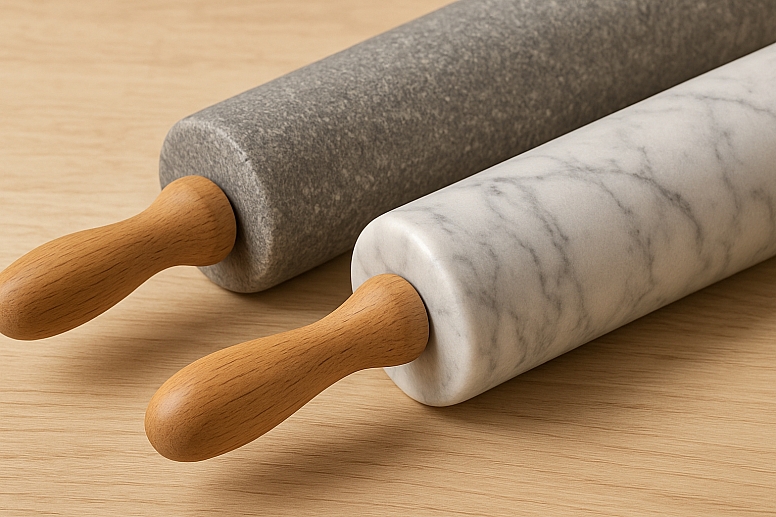
Both materials offer similar benefits. They are both cool, heavy, and durable. The choice is often about personal preference.
- Marble: Tends to be slightly cooler to the touch than stone. It often has a smoother, more polished finish.
- Stone: (like granite) can be just as effective. It may have a more rustic, natural look.
For home baking, both are excellent choices. The most important thing is choosing a solid, well-made pin.
Perfect for Specific baked goods
Some desserts are much easier with a cool pin.
- Pie Crust: This is where a marble pin shines. It keeps the butter cold for the flakiest possible result.
- Puff Pastry & Croissants: Keeping the butter layers distinct is everything. A cool pin is essential.
- Shortbread Cookies: Prevents the high-butter dough from becoming greasy and sticky during rolling.
- Pasta Dough: The weight helps roll stiff pasta dough evenly without needing excessive force.
- Sugar Cookies: The non-stick surface means you use less flour, so your cookies keep their precise shape.
Caring for Your Stone or Marble Pin
These pins are low-maintenance, but they need simple care.
- Clean with warm water and a mild detergent. Avoid harsh abrasive scrubbers that can scratch the surface.
- Dry it thoroughly with a towel after washing.
- Store it in a dry place. Do not put it in the dishwasher, as extreme temperature changes could potentially cause cracking.
Your Baking Questions, Answered
Can I put my marble rolling pin in the refrigerator? Yes. This is a great trick for very warm days or for extra-delicate doughs. Chilling the pin for 15-30 minutes before use gives you an even colder surface.
Is a heavy pin hard to use? The weight might feel different at first, but most bakers prefer it. The pin's weight does most of the work. You guide it instead of pressing down. This reduces arm fatigue.
Will the pin roll on its own because it's heavy? A good pin should be perfectly cylindrical and balanced. It will not roll away on its own if placed on a flat counter. Its weight actually helps keep it in place.
Can it break if I drop it? Like any hard surface, stone and marble can chip or crack if dropped on a hard floor. You should handle it with reasonable care, just like you would a ceramic plate.
Feel the Difference in Your Baking
The right tools make baking easier and more successful. A stone or marble rolling pin is more than just a beautiful object. It is a functional tool that improves your technique. It solves the common problems of sticky dough and melting butter.
Try using one for your next pie or batch of cookies. Notice how the dough behaves differently. Feel the cool, smooth surface and the steady weight. You will understand why bakers have valued these pins for centuries. See how it changes your results.






